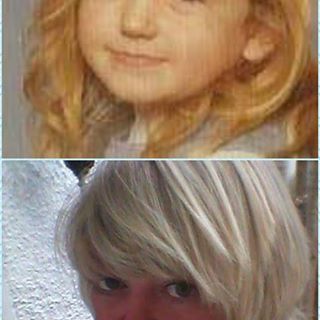


Through Fay, we are told that Mrs Cicely hates being black and abandoned her first child because he was not mixed race like her later children with Henry Wong. Yet Fay’s mother, Mrs Cicely is a Black woman.

It’s fascinating that the book’s blurb mentions Fay Wong as the more respectable woman that Pao marries instead of Gloria. There are also glimpses of internalised racism as seen through Pao’s brother Xiuquan who is ashamed of being Chinese and is only happy after he leaves his family in Jamaica for America.Īnother character that is first portrayed as having internalised racist views of herself is Mrs Cicely, the mother of Pao’s wife Fay. There is also that of the Chinese towards Black Jamaicans even though Pao’s step-father Zhang schools Pao, telling him that Jamaicans and Chinese are the same due to poverty, oppression and exploitation and that they are ‘brothers in arms’. For example, instances of racism in the book not only show the kind of overt racism people of colour suffered at the hands of white people pre-Independence. Pao really delves into a handful of issues. While Pao Yang isn’t really the best of male characters (he does come across as sexist, homophobic and unaware of his own privilege, not to mention he rapes his wife), Pao provides really interesting and relevant commentary on slavery, colonialism, post-colonialism, colourism, class and race relations in Jamaica. Don’t expect anything more or less when reading Pao, I say this because from reading the blurb it is easy to believe that the book focuses on Pao’s relationship with Gloria and the struggles they face due to her profession, racial discrimination and class etc. Simply put, Pao is political history of Jamaica told through the eyes and life of ‘Uncle’ Pao Yang of Kingston’s Chinatown.


 0 kommentar(er)
0 kommentar(er)
